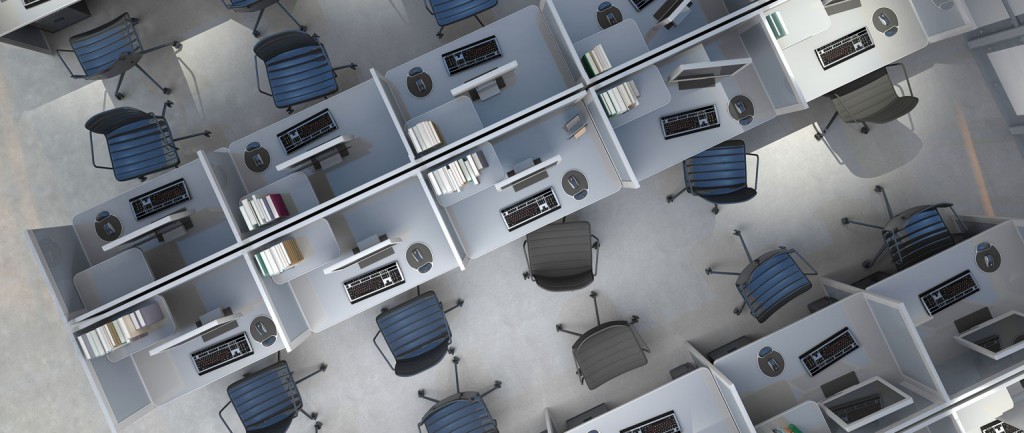What to look for in your first office

Looking for your first office can be daunting. Whether you need multiple floors in a city high rise or a small office in a local shopping strip, there’s a number of decisions and choices to be made.
So what should you take into consideration when you’re trying to find the perfect first office?
1. How much space do you really need?
If you’re looking for office space you’re probably expanding or hoping your company will grow. But calculating the right amount of space for your company’s plans is important.
Commercial rents are often charged by the square metre. While you might need to take a small gamble, if you lease too much space you’ll be out of pocket. But lease too little and it’ll be uncomfortable and you’ll need to go through the expense of another move. Getting it just right is the key.
If your business is changing in fits and starts make sure you bear this in mind when seeking office space. Remember to consider:
- Co-working spaces
- Flexible leases
- Various spaces within the office that allow room for growth
Read more: How much office space does your business need?
2. What type of space?
Funky open plan warehouse or standard office cubicles? The choices are endless but certain key considerations apply. Ask yourself:
- Is there space for any equipment you need and infrastructure like IT?
- Do you need it furnished or unfurnished?
- If you already have furniture, will it fit?
- Do you need your own meeting rooms?
- Are the kitchens and toilets adequate?
Layout affects the way an office functions. Remember to factor in the potential cost of any improvements and fit out. Depending on the lease they can be split between tenants and owners or paid solely by one or the other, so check for those details.
Remember to factor in the potential cost of any improvements and fit out.

3. Location
There are many factors to consider in choosing the right location for your office. For example:
- What’s best for the business?
- Should you choose an area close to clients?
- How will employees get to work?
- Are the transport connections good?
- What kind of businesses are your neighbours?
- And even simple things like are there amenities nearby that will make lunchtime enjoyable?
Read more: 6 tips to help choose the right business location
4. Read the fine print
A commercial lease is a very different beast to a residential lease and the division of costs between a landlord and tenant can vary, depending on issues like maintenance, repairs, fit out and utilities.
Rents are often charged as gross or net, which means it either incorporates outgoings or does not. Rent-free periods and incentives are common in bigger commercial agreements.
Make sure you read the fine print of any lease. Know what you’re going to have to pay for and what will be provided.

Read the fine print of any lease before you sign.
Read more: Rookies guide to renting a commercial office
5. Think outside the square
If you’re looking to minimise your expenditure when making the big move, there are many options.
Shared workspaces and co-working spaces are on the rise, allowing you to rent desk space with shared facilities by the month at relatively inexpensive rates.
In the same way that you can lease rather than buy office space you can also lease equipment, from IT equipment to desks, chairs and decoration.
A lot of the time lower floors without views are cheaper than higher floors in office blocks.
When looking for your first office space, the more defined your search criteria is the easier the search will be. But allow for some flexibility – no property is perfect and there will always be a compromise.
The more defined your search criteria is the easier the search will be.
Read more: Share spaces shaking up the office market







